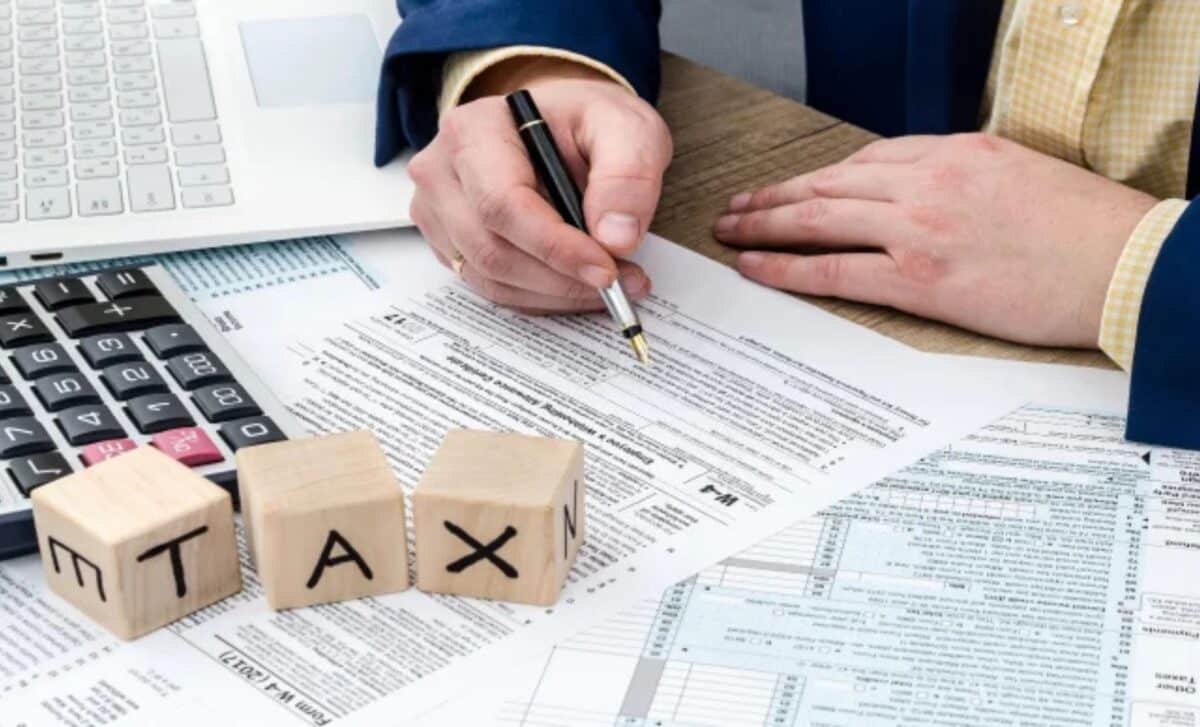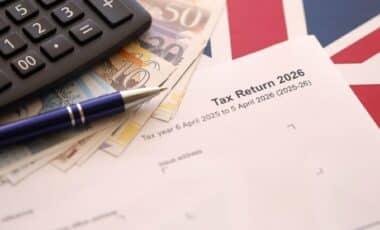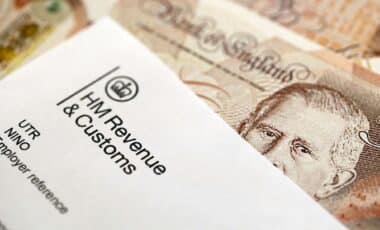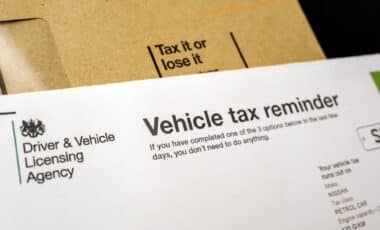The UK’s personal tax allowance system is under increasing scrutiny as more households feel the impact of frozen thresholds. Currently set at £12,570, the personal allowance determines the income individuals can earn tax-free before entering the 20% basic rate tax band. Freezing this threshold, along with the higher-rate tax band, has drawn criticism from financial experts and campaigners alike.
The freeze, which began under the previous government, is set to continue until 2028. While this measure helps generate additional tax revenue for the Treasury, it has also pushed more people into paying higher rates of tax—a phenomenon known as fiscal drag. As wages rise, workers are being pulled into higher tax brackets, effectively reducing their disposable income and increasing financial strain.
The Impact of Fiscal Drag
Fiscal drag occurs when tax thresholds remain static while wages and inflation rise, bringing more people into higher tax bands over time. According to the Office for Budget Responsibility (OBR):
“Freezes to the income tax personal allowance and higher-rate threshold for four years will bring 1.3 million people into the tax system and create one million higher-rate taxpayers by 2025/26.”
This means that individuals who previously earned just below the tax-free threshold or within the basic rate band are now facing increased tax liabilities as their earnings grow.
Martin Lewis, founder of MoneySavingExpert.com, explains the practical implications:
“Imagine someone who currently earns £12,000 now. Because earnings do tend to increase each year, in a couple of years’ time they’ll earn £13,000. But because the thresholds are frozen, they will now start to pay 20% tax on some of their earnings.
“And in fact, what freezing the threshold does is that it means no matter what you earn, as your earnings increase, a bigger proportion of your earnings goes on tax. And that’s how the Chancellor makes money from it.”
A Growing Tax Burden on Households
For many households, the freeze exacerbates financial pressures caused by the rising cost of living. With wages failing to keep pace with inflation, the added burden of higher taxes leaves many struggling to make ends meet.
- Basic Rate Taxpayers: Workers earning just above £12,570 are now liable for 20% income tax on their additional earnings, further shrinking their disposable income.
- Higher Rate Taxpayers: Those earning above £50,270 are also affected, as any income beyond this point is taxed at 40%.
Freezing thresholds has generated significant revenue for the government, but it has also intensified calls for reform. Critics argue that the system disproportionately impacts low- and middle-income earners, worsening income inequality.
The Argument for Reform
Advocates for reform are calling for a substantial increase in the personal tax allowance to reflect the realities of inflation and wage growth. Some proposals suggest raising the threshold to £15,000 or higher, easing the tax burden on low-income households.
Raising the higher-rate threshold has also been suggested to prevent middle-income earners from being taxed at rates intended for high earners. Such changes could reduce fiscal drag and provide relief to millions of taxpayers.
Broader Economic Implications
While reforming tax thresholds could benefit households, it poses challenges for the Treasury. The government relies on the revenue generated by fiscal drag to fund public services and address the national debt. Adjusting the thresholds would likely create a budget shortfall that would need to be addressed through alternative measures, such as spending cuts or increased borrowing.
Economists have warned that prolonged reliance on fiscal drag may dampen consumer spending and hinder economic growth. As more income is directed toward taxes, households have less to spend on goods and services, potentially slowing the economy further.
What Lies Ahead?
As the personal tax allowance freeze continues, its effects will become increasingly apparent to households across the UK. For those who are already feeling the strain of higher taxes, the need for reform is urgent. However, whether the government will address these concerns remains to be seen.
With fiscal drag pulling more taxpayers into higher brackets each year, the debate over the fairness and sustainability of the UK’s tax system is far from over. For now, millions of workers will continue to grapple with the financial challenges brought about by frozen thresholds, highlighting the growing need for change.









